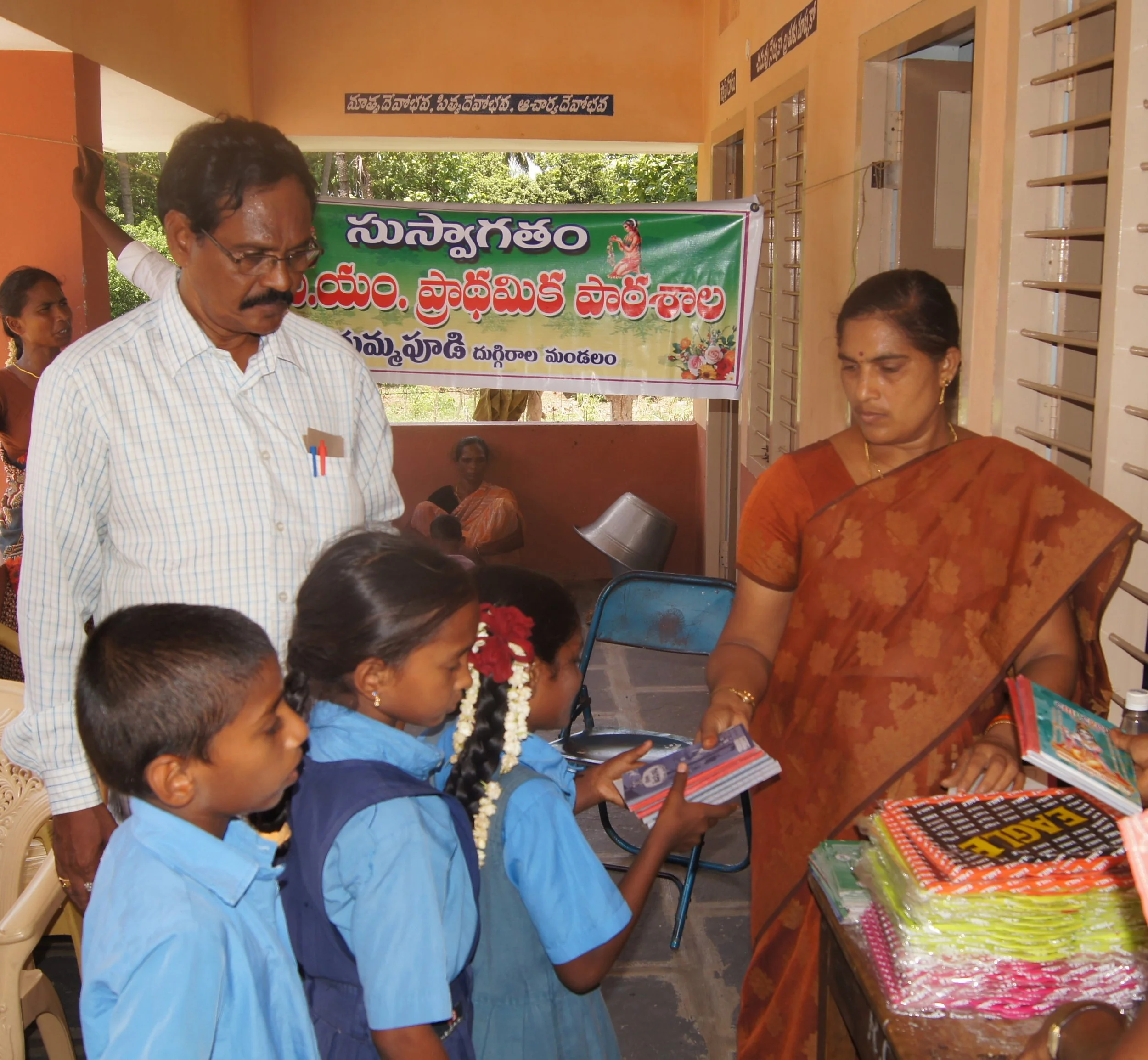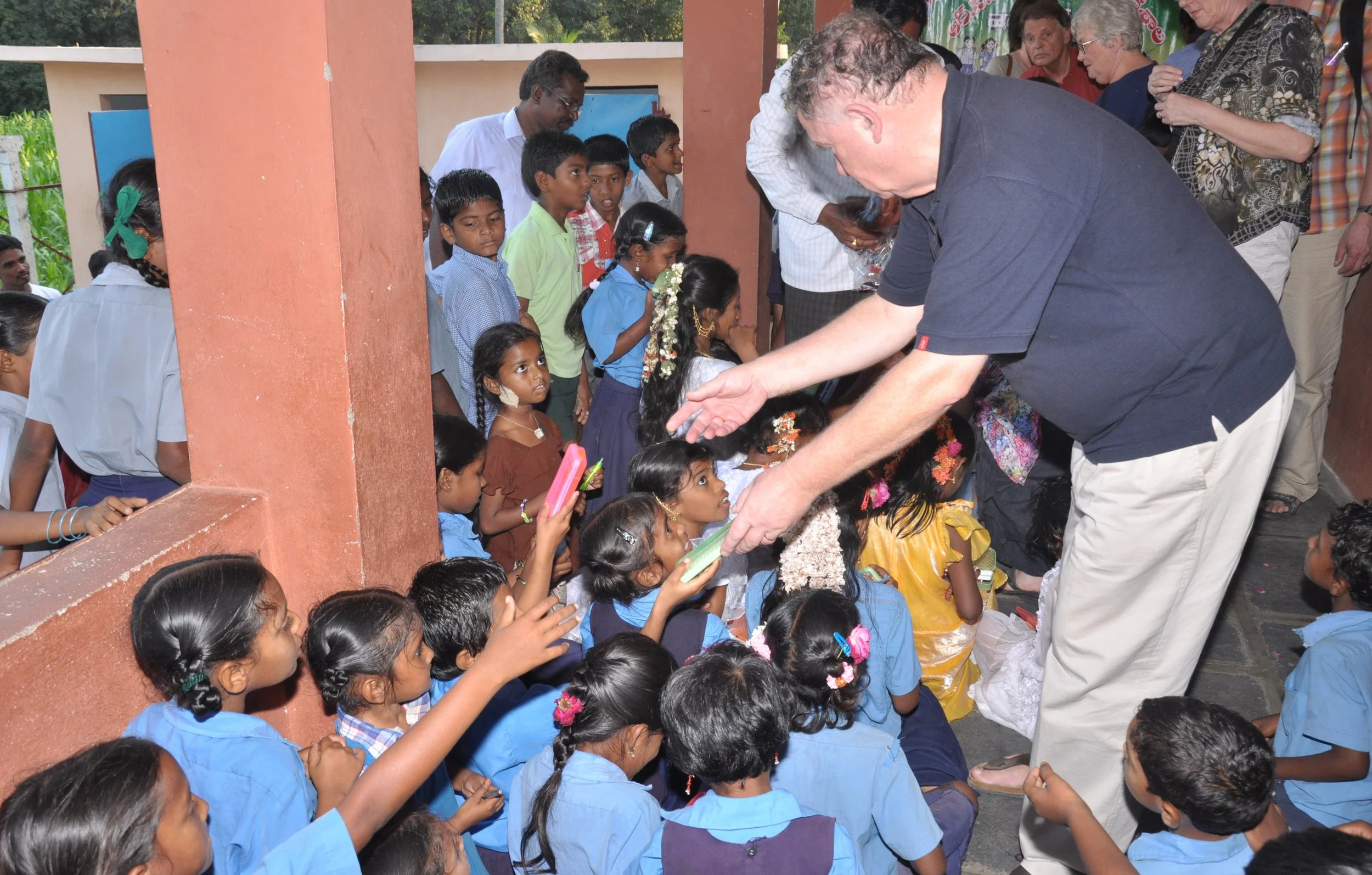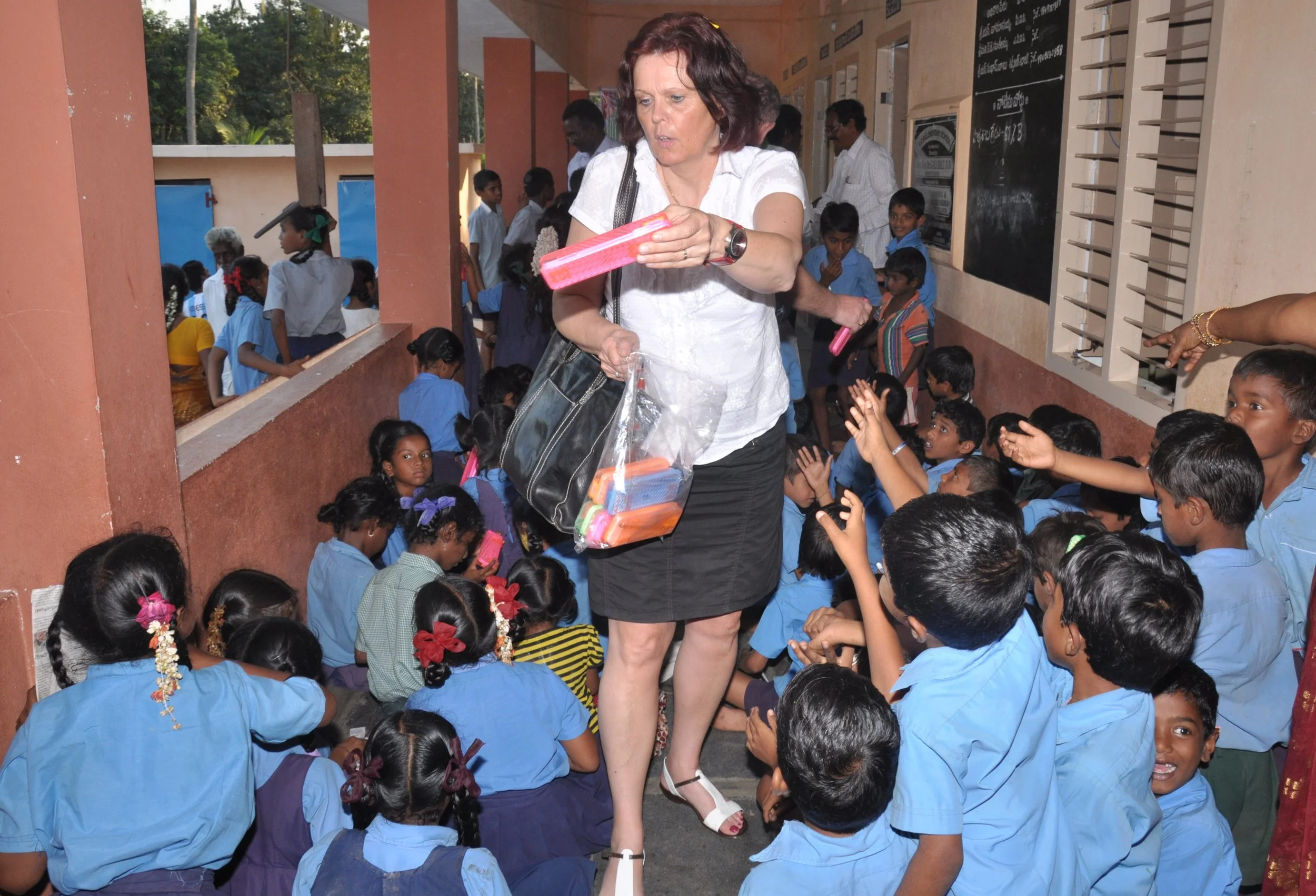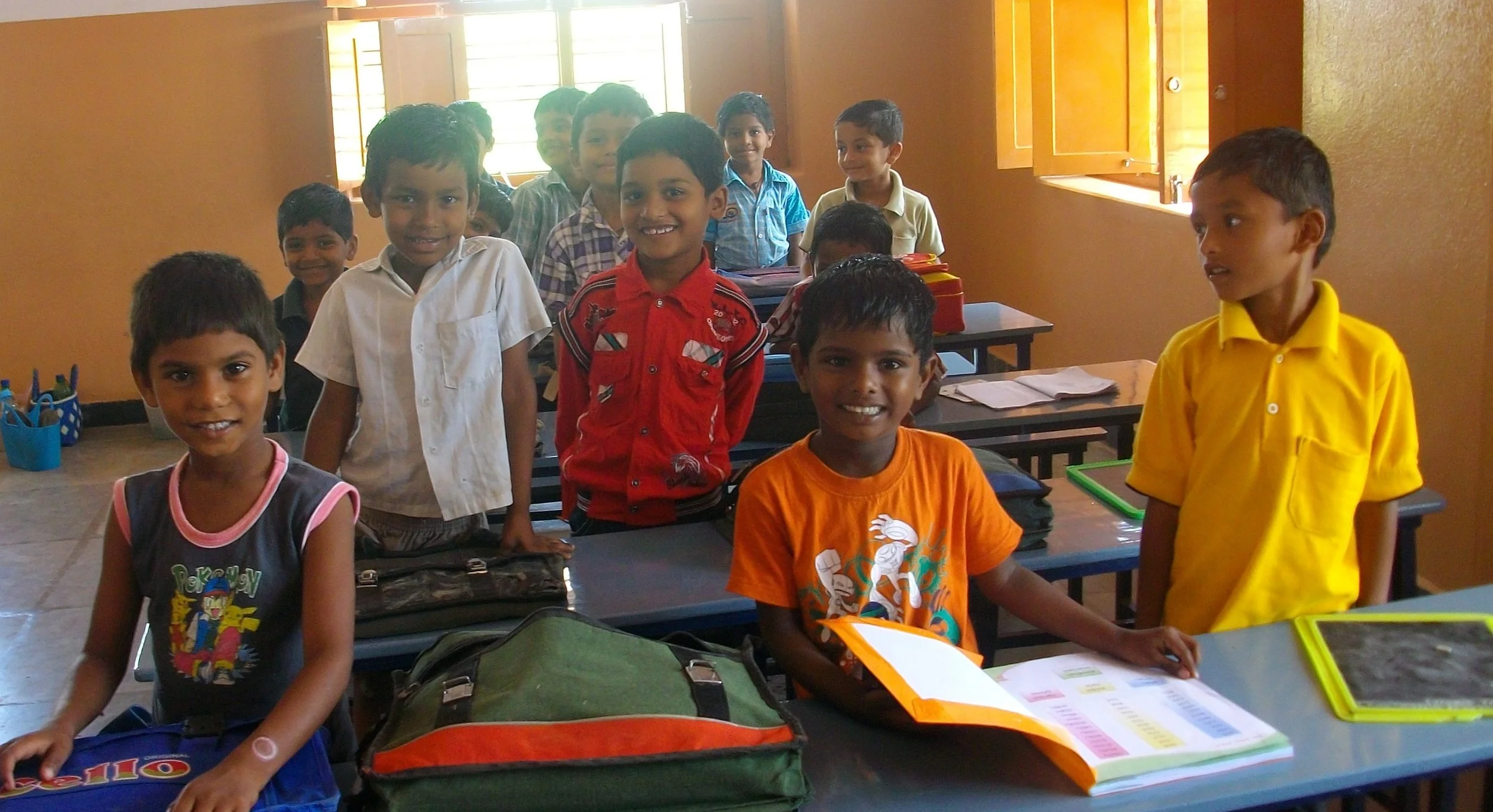


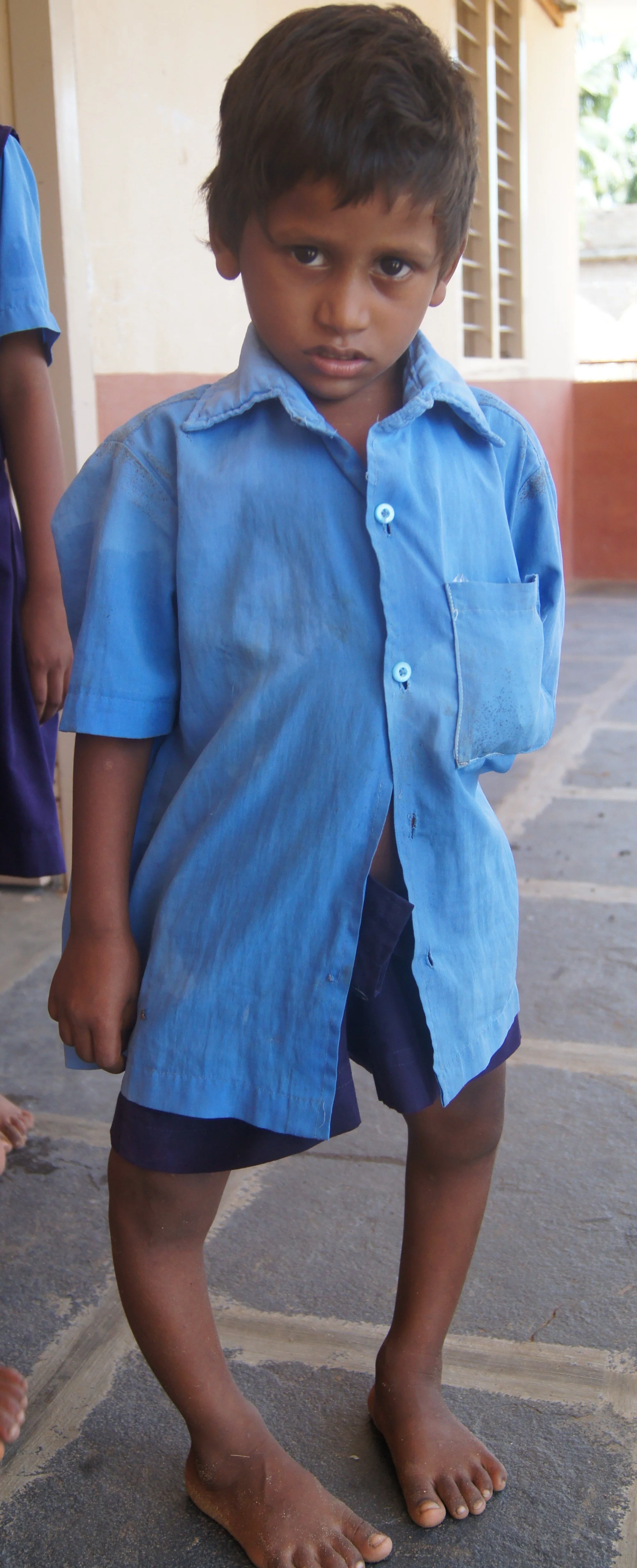
Education is the cornerstone of socio-political and cultural advancement, and it is regarded as a principal means of improving the welfare of the individuals. The majority of the poor families live in rural areas. They are considered as Dalits, categorized into the Scheduled Castes (SC), Scheduled Tribes (ST) and other Backward Classes (BC). Most of them are either daily wage earners or agricultural laborers. The literacy rate among these marginalized poor people is very low and the dropout rates are very high.
The children of these marginalized communities face barriers to education, such as the existing structural inequalities (Casteism) in the society. The distance of the school is also another major factor for dropping out from the school, limitations of in social mobility, increasing the risk of exploitation and abuse, preventing many girls from completing their education particularly among the poor communities. Mostly the schools are located in the outskirts of the village entrance or another village. When asked the question, “How much is the distance from the home to school?” The response is more than 3 kilometers away from the home. Then access to modern education for the marginalized remains a question mark. These challenges not only hinder their personal growth but also perpetuate a cycle of disadvantage that extends across generations. Lack of access to education deprives them of essential skills, limiting their potential and opportunities for a better future.
In our mission to create a more inclusive and just society, we have identified a critical need to support the education of the poor children. The majority of the teachers are far behind with modern methods of teaching, especially the usage of tools and techniques are poor when it compared to the corporate schools. And entire school systems are understaffed, failing to provide adequate education to the children they serve.
Providing the essentials:
In the marginalized families, with the financial burdens many families face, the costs of uniforms, books, and sometimes even tuition can be insurmountable. Cornerstone Foundation ensures that children receive essentials like uniforms, and books. By providing these necessities, we prevent children from falling behind or dropping out due to lack of resources.
Scholarships:
Scholarships are vital in removing financial barriers to education, supporting students through their educational journey with tuition, books, and transportation assistance, and additional learning opportunities.
We offer annual scholarships for college and other higher education students specifically to the poor and marginalized communities.
Tuition Centers
To combat the academic challenges faced by children in rural areas, our tutoring programs aim to keep them engaged and on a path to success.

